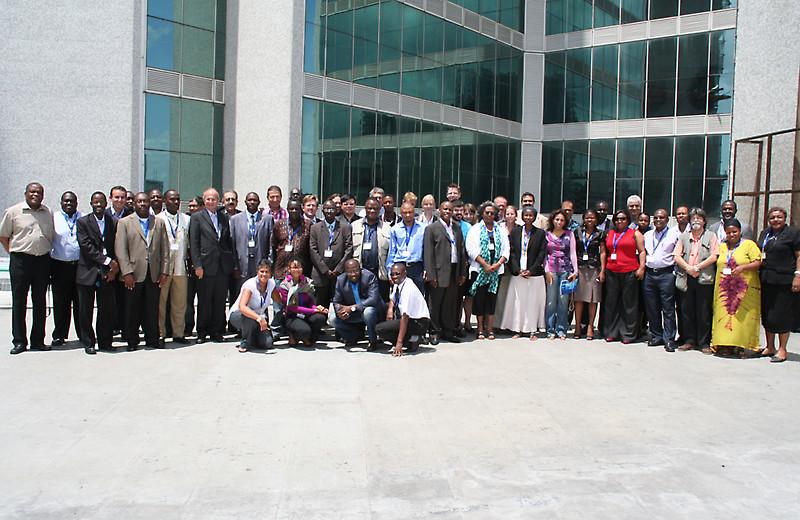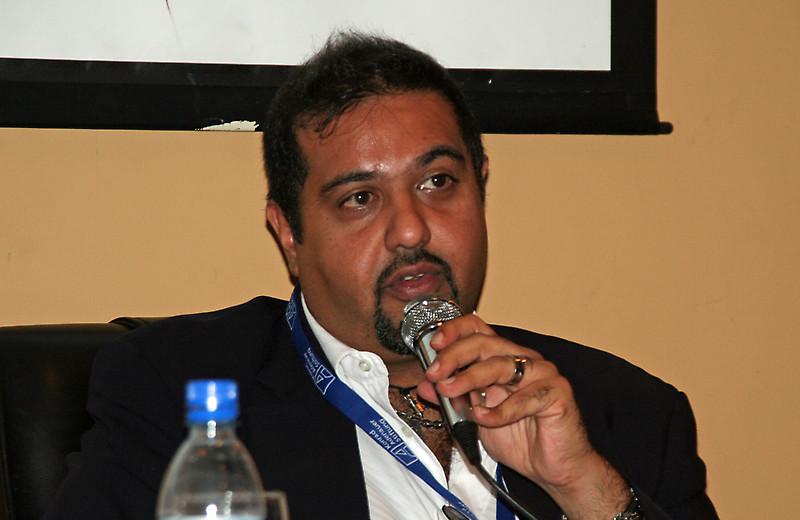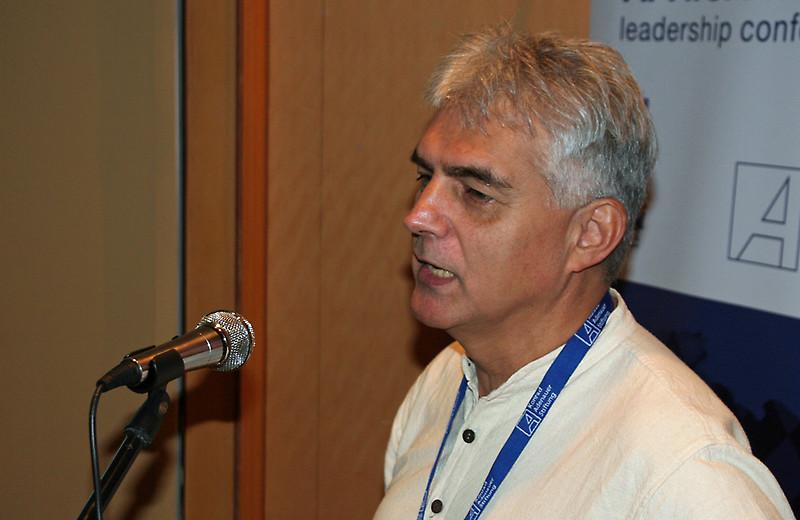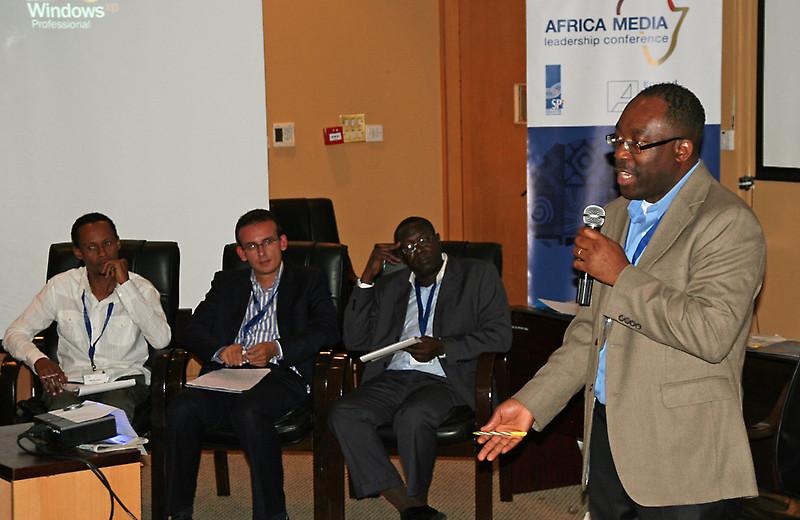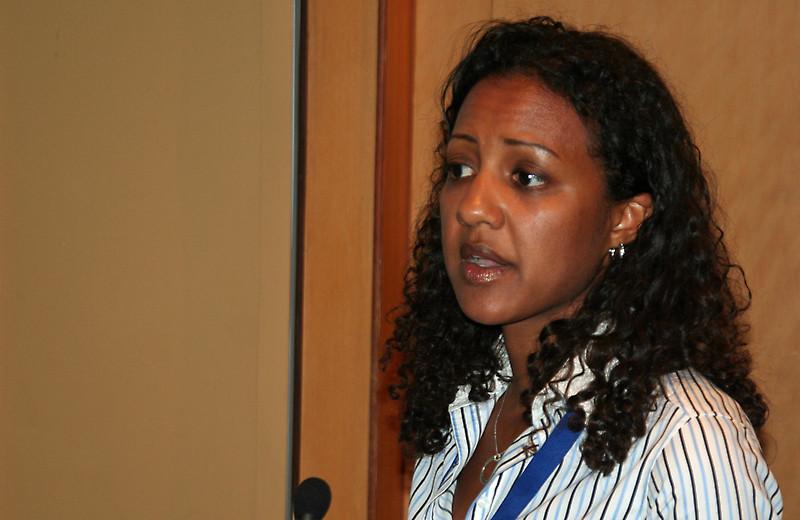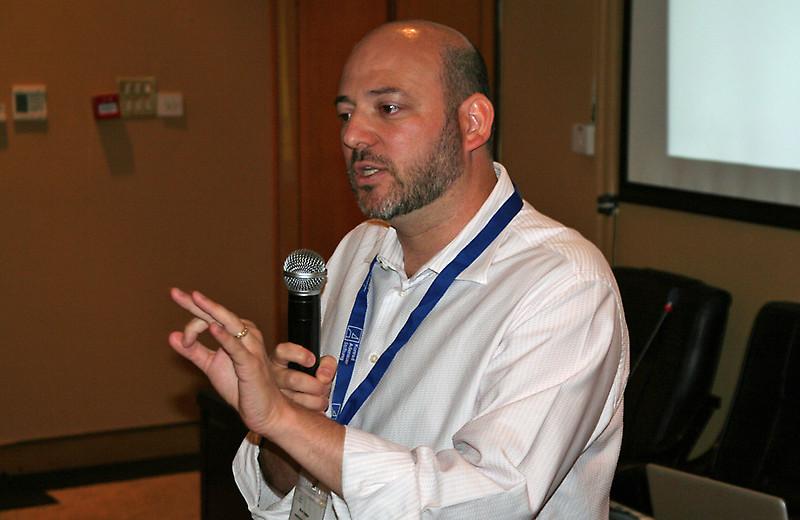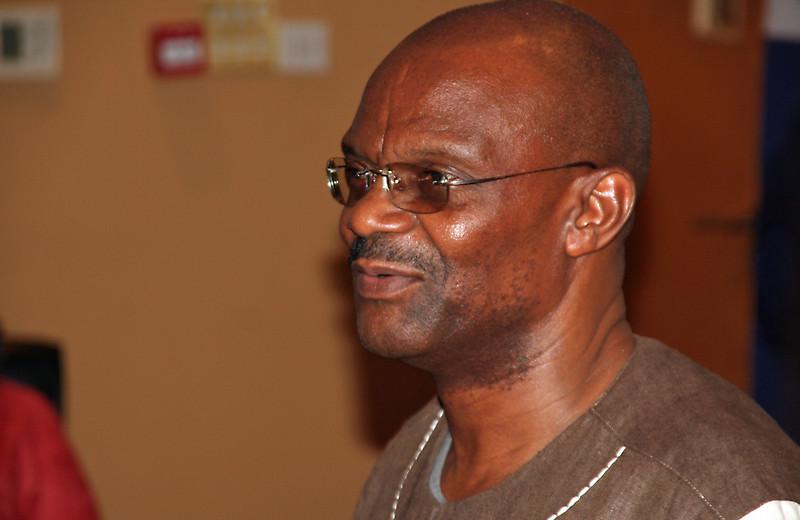Event reports
From the open and diverse media landscape in South Africa to the relatively closed media environment in Morocco, where the only two national TV channels belong to the state, seventy media executives came to Dar es Salaam, where the 2010 Africa Media Leadership Conference convened under the theme “Sustainable Business models in the Digital Age”. They were invited by the sub-Sahara Media Programme of the Konrad-Adenauer-Stiftung and the Sol Plaatje Institute for Media Leadership at Rhodes University.
Challenges for African Media
While all participants agreed that the new information age has resulted in major challenges for African media houses, and necessitated a re-think of business models, significant differences of opinion on how to get there emerged during the sessions. In his opening address, Prof. Guy Berger, head of Journalism and Media Institute at Rhodes University, made a strict separation between media content and platforms. He asked the participants to become aware of their field of business: "Do you want to develop platforms or distribute content? Do you publish to earn money or earn money to publish?"
Across all parts of the value chain of media content, the digital age brings revolutionary changes, said Berger. There are new competitors and new positions of power - while in the modern, power over media communication was with the media houses, it now is with the post-modern user, Berger said.
The 2010 AMLC broke new ground by scheduling workshops on social media, using Internet tools for research, and measuring audience engagement. Most delegates said they found these sessions to be extremely useful, and a refreshing deviation from the traditional conference agenda.
Important questions emerged and were debated during the panel discussion between bloggers from Kenya, Tanzania, Cameroon and Morocco, and a regulatory representative from Kenya. Among those, are bloggers journalists? Are they operating ethically by upholding the rights and limitations of media freedom? If not, should bloggers be regulated by statutory boards? Frank Windeck, director of the sub-Saharan Media Programme, said: “Future conferences could discuss further the political implications of the blogosphere and the role of the regulator…”. The self consciousness of the bloggers also became clear: They were adamant in that that they do not want to be categorised as established media, which they view with suspicion because of its close proximity to the state; and they are passionate about in self-regulation. "Hate speech comes from the streets into the blogs, not vice versa," said Dibussi Tande, a blogger from Cameroon now based in the US. “This year, bloggers and journalists from the 'new media' are a third of all the participants for the first time - this fact shows clearly where the path leads," said Mr Windeck.
No to helicopter journalism
In most of the conference sessions, speaker after speaker emphasised that African media executives are eager to take ownership of coverage of the continent, and rejected the so-called concept of “helicopter journalism”, as articulated by Salim Amin, the founder of the Kenyan media agency A24:
"The helicopter journalism, where journalists fly in business class, stay in a five-star hotel, and go out for an hour to cover their story, should no longer shape the continent's picture". Salim’s father, Mohamed, had shot footage of the Ethiopian famine in the 80s, triggering a worldwide response to the catastrophe. "He was convinced that the African continent can best be covered by Africans - they have the best access," Amin went on. This should be understood primarily as a responsibility.
Support came from Gary Alfonso, COO of CNBC Africa. About 90 percent of employees at the offices of the business news network are locals, Alfonso said. "It's the only way to tell new and surprising stories." As an example he cited CNBC's coverage of the unrest following the elections in Kenya: In contrast to the global media, CNBC not only broadcast the killings and the violence, but also reported from peaceful locations after the election.
Large Continent, Large Differences
In the end, the discussion about new challenges for the media was also a discussion about the differently developed media landscapes. On one side were speakers such as the South African media consultant Nevo Hadas, who claimed the victory of platforms over content, referring to the development of Facebook, iTunes and xBox. As opposed to Alfonso who argued that content is key to winning new audiences. Or Isis Nyong'o from Google Africa, who believes in a rapid expansion of internet infrastructure in Africa.
On the other hand, radio entrepreneurs Mike Daka (Breeze FM, Zambia), Meaza Birru (Sheg 102.1, Ethiopia), and John Masuku (Radio Voice of the People; Zimbabwe) talked about their difficulties to build up even small, private radio stations in their countries.
The conference was in broad agreement that African media needs to take advantage of social media tools such as Facebook and Twitter and mobile phones in serving their audiences, and delegates took up the challenge. The presentations of the three-day conference were summarized and commented in over 500 Tweets with the Hashtag #amlc10 on Twitter - after all, mobile phones are the fastest growing media platform in Africa.
Delegates also examined a range of challenges thwarting the sustainability of journalism on the continent, especially the lack of appropriate training and skilling among journalists and media managers, and poor editorial content, and suggested practical solutions on how to address these.



